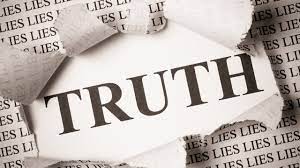Net Neutrality
The term “net neutrality” was first created by Columbia Law School professor Tim Wu in 2002 in an essay based on the rights of consumers and duties of ISPs. Net Neutrality is the concept that internet service providers should provide nondiscriminatory access to internet content and platforms, and should not manipulate the transfer of data regardless of its source or destination. Net Neutrality protects your ability to access and send any lawful information on the internet. This means it prevents internet service providers from preferring certain content, applications, or services over others. Without Net Neutrality, services could censor your content or slow down access to sites they don’t approve of or like. Our generation relies on the internet for news, information, and keeping in contact with friends and family. With Net Neutrality, it protects our freedom of speech, allows you to access any website you want, doesn’t allow a rise in prices on websites, and creates an equal playing field for each website.
The only drawback of net neutrality is that it makes it harder to find and censor inappropriate content. Net Neutrality is a big part of protecting our freedoms through internet use. We often don’t realize how lucky we are that accessing the internet and different websites is so easy. We can find information on whatever we want whether it’s politics, dogs up for adoption, or DIY videos. If net neutrality didn’t exist, internet providers could take down posts or websites they didn’t like such as a Democrat owner taking down a Republican post just because they don’t agree with what is being said. In a less serious matter, an internet provider who likes cats better than dogs could take down a dog adoption website. It would give internet providers the ability to take down anything they don’t agree with which is serious censorship and a violation of our rights.











